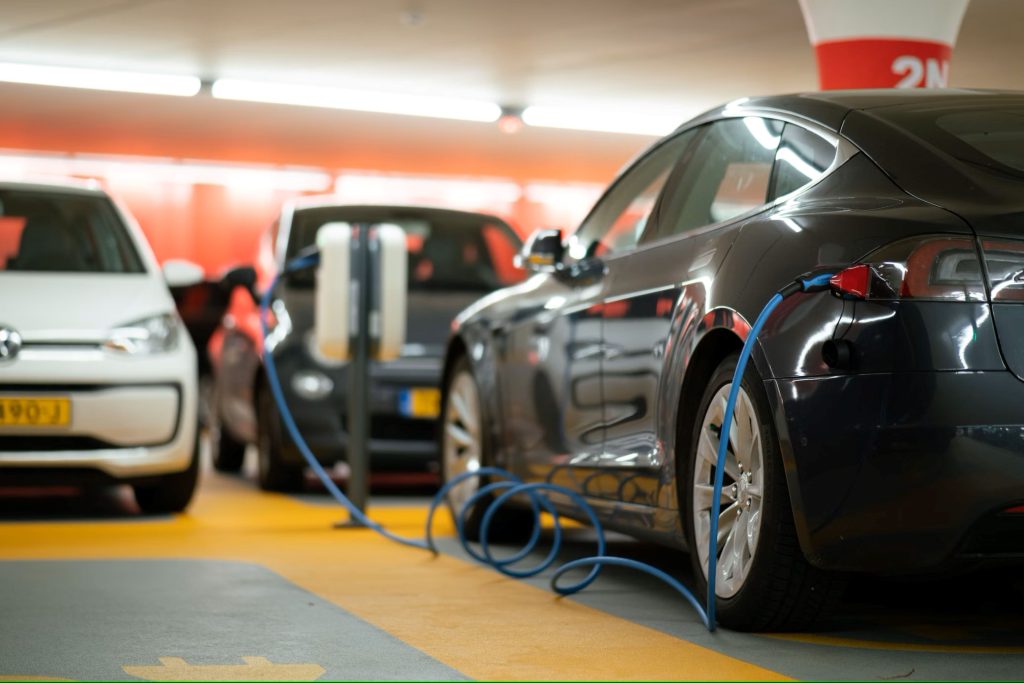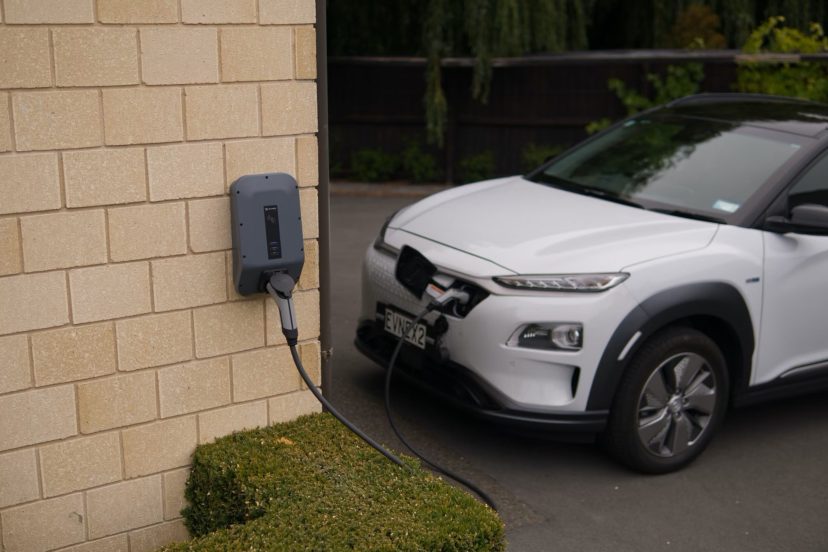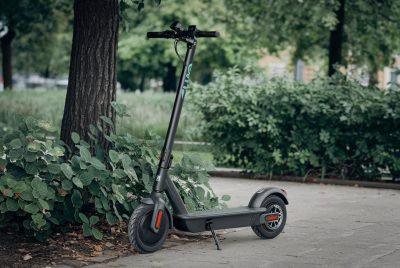Electric Vehicles: A Smart Choice for the Environment
*We may earn a commission for purchases made using our links. Please see our disclosure to learn more.
As I sit behind the wheel of my sleek, electric vehicle, I can’t help but marvel at how this modern wonder is transforming not only my daily commute but also the world we live in. Electric vehicles, or EVs, have become more than just a trend; they are an environmentally conscious choice that is shaping the future of transportation. Join me on this electrifying journey into the world of electric vehicles, where we’ll explore the multitude of reasons why they are, without a doubt, a smart choice for the environment.
The Environmental Crisis
Before delving into the world of electric vehicles, let’s take a moment to understand the magnitude of the environmental crisis we’re facing. Climate change is no longer a distant threat but an urgent, present reality. Greenhouse gas emissions, primarily carbon dioxide from burning fossil fuels, are driving global temperatures to alarming levels. The transportation sector is a significant contributor to these emissions, and it’s high time we take action.
Electric Vehicles: A Sustainable Solution
Electric vehicles offer a ray of hope in our battle against climate change. Other than that Electric vehicles is also a smart choice for the environment. These futuristic machines run on electricity, making them incredibly energy-efficient and significantly reducing carbon emissions. How do they work, you ask? Well, it’s rather simple. An electric vehicle is powered by an electric motor that draws its energy from rechargeable batteries. This eliminates the need for gasoline, thus cutting down on tailpipe emissions.
Advantages of Electric Vehicles
Cost Savings
One of the most compelling reasons to opt for an electric vehicle is the potential for substantial cost savings. Electric cars have fewer moving parts than their gasoline counterparts, which means lower maintenance costs. Moreover, electricity is generally cheaper than gasoline, which can translate to substantial savings on fuel.
Low Maintenance
EVs are known for their low maintenance requirements. With no oil changes, fewer brake replacements due to regenerative braking, and simplified cooling systems, the maintenance costs of electric vehicles are remarkably lower. Not to mention, no more visits to the gas station!
Smooth and Silent Rides
Driving an electric vehicle is a serene experience. The electric motor produces minimal noise, making for a peaceful and enjoyable ride. It’s as if you’re gliding through the streets, leaving behind the loud revving of internal combustion engines.
Government Incentives
To encourage the adoption of electric vehicles, many governments offer attractive incentives. These incentives can include tax credits, rebates, and access to carpool lanes, all of which make owning an EV an even smarter financial decision.
Range Anxiety: Is it Justified?
One of the most common concerns about electric vehicles is range anxiety. People worry about running out of charge in the middle of nowhere. However, this anxiety is gradually becoming a thing of the past. Thanks to advancements in battery technology, electric vehicles now offer more than enough range for most people’s daily commuting needs.
Overcoming Charging Challenges
Home Charging
Charging your electric vehicle at home is incredibly convenient. You can plug it in overnight, just like your smartphone, and wake up to a fully charged car. It’s as simple as that.
Public Charging Networks
For longer trips, public charging networks are widely available. You can find charging stations at shopping centers, restaurants, and along highways. The infrastructure is rapidly expanding, making it easier than ever to charge your EV.

Fast Charging
The introduction of fast-charging stations has made long-distance travel in electric vehicles a reality. These stations can charge your vehicle to 80% capacity in as little as 30 minutes, making road trips more accessible than ever before.
Electric Vehicles: A Win-Win for Urban Life
In addition to being environmentally friendly, electric vehicles bring numerous benefits to urban life. They help reduce air pollution, making our cities cleaner and healthier. Moreover, electric cars are quieter, contributing to a more peaceful urban environment.
Reducing Air Pollution
Electric vehicles don’t produce tailpipe emissions, which means cleaner air for everyone. This is particularly important in urban areas, where high levels of air pollution can have severe health impacts.
Quieter Streets
The almost silent operation of electric vehicles significantly reduces noise pollution. Imagine living on a street where the roar of combustion engines is replaced by the gentle hum of electric motors.
Regenerative Braking
Electric vehicles also feature regenerative braking, which captures and stores energy when you brake. This not only increases energy efficiency but also reduces wear and tear on brake pads, further lowering maintenance costs.
A Look into the Future
The future of electric vehicles is bright and promising. The market for EVs is growing at an astonishing rate, with more automakers introducing electric models to meet increasing demand. As technology advances, we can expect even more impressive innovations in battery technology, extending the range and efficiency of electric vehicles.
Debunking Common Myths
The Source of Electricity
Some skeptics argue that electric vehicles merely transfer emissions from the tailpipe to power plants. However, as our electricity grids become greener, the emissions associated with charging electric vehicles decrease. Switching to EVs is a step in the right direction and puts pressure on power companies to adopt cleaner energy sources.
Manufacturing and Recycling
There are concerns about the environmental impact of manufacturing batteries and the recycling process of old EV batteries. It’s important to note that as the electric vehicle industry matures, manufacturers are actively working to address these concerns. Battery production is becoming more sustainable, with advancements in recycling and repurposing methods. Many automakers are investing in programs to recycle and reuse batteries, further reducing the environmental impact of electric vehicles.
Making the Switch to Electric
Analyzing Your Driving Habits
Before making the switch to an electric vehicle, it’s essential to consider your driving habits. Most EVs are well-suited for daily commuting and local errands. If your daily mileage falls within the range of your chosen electric vehicle, you’re in for a cost-effective and eco-friendly ride.
Financial Incentives
As mentioned earlier, government incentives can make purchasing an electric vehicle even more enticing. Tax credits and rebates can significantly reduce the initial cost, making EVs more accessible to a broader range of consumers.
Vehicle Options
Electric Cars
Electric cars are the most common and versatile choice. They come in various sizes and models, from compact city cars to spacious SUVs. These electric vehicles cater to a wide range of preferences and driving needs.
Electric Bikes
Electric bikes, also known as e-bikes, are becoming increasingly popular for urban commuting and recreational cycling. They feature a motor that assists the rider’s pedaling, making it easier to cover longer distances or navigate hilly terrain. E-bikes offer an eco-friendly alternative to traditional bicycles and are a great choice for those looking to reduce their carbon footprint.
Electric Scooters
Electric scooters are a convenient mode of transportation for short trips within cities. They’re often available for rent in many urban areas and provide a quick and eco-friendly way to navigate crowded streets. Electric scooters are ideal for last-mile transportation, reducing the need for personal car use for short distances.
Hoverboards
Hoverboards are a fun and futuristic way to get around. These self-balancing electric scooters are compact and portable, making them suitable for short trips or recreational use. While hoverboards may not be a practical replacement for a car, they are a unique and environmentally friendly way to travel short distances.
Electric Skateboards
Electric skateboards combine the thrill of skateboarding with electric propulsion. They’re ideal for riders who enjoy a more active and engaging mode of transportation. Electric skateboards offer a novel way to commute while also reducing the environmental impact of your daily journeys.
The Impact on My Life
Allow me to share a personal perspective. I made the switch to an electric vehicle a few years ago, and it’s been a game-changer. I no longer cringe at the sight of rising gas prices, and my maintenance costs have been virtually non-existent. What’s more, I relish the silent and smooth rides through the city, knowing that I’m contributing to a cleaner and healthier environment. It’s a small change in my life, but it has a significant impact on the planet.
Conclusion
In a world where environmental concerns are at the forefront, electric vehicles emerge as a beacon of hope. They not only offer a sustainable solution to reduce carbon emissions but also come with a host of practical advantages, such as cost savings and low maintenance. With the gradual elimination of range anxiety, the growth of charging infrastructure, and the promise of a greener future, electric vehicles are indeed a smart choice for the environment.
Frequently Ask Questions (FAQs)
Q1. How long does it take to charge an electric vehicle?
Charging time depends on several factors, including the charger’s power and the vehicle’s battery capacity. Standard home chargers may take several hours, while fast-charging stations can provide an 80% charge in as little as 30 minutes.
Q2. Are electric vehicles really greener than gas cars?
Yes, electric vehicles are greener in terms of emissions. While the source of electricity matters, the overall emissions from EVs are lower than those from traditional gasoline-powered vehicles. As electricity grids become greener, the environmental benefits of EVs increase.
Q3. Can I go on long road trips with an electric vehicle?
Absolutely. The growing network of charging stations and improvements in battery technology make long-distance travel in electric vehicles increasingly feasible. Plan your route and charging stops, and you can enjoy road trips with an EV.
Q4. What’s the future of charging infrastructure?
The charging infrastructure for electric vehicles is expanding rapidly. Governments and private companies are investing in more charging stations, making it easier for EV owners to find convenient places to charge.
Q5. What are the most affordable electric vehicle options?
Affordability depends on your budget and preferences. Entry-level electric cars like the Nissan Leaf and Chevrolet Bolt offer cost-effective options, while luxury brands like Tesla provide high-end electric vehicles with advanced features. Research and compare options to find the best fit for you.




